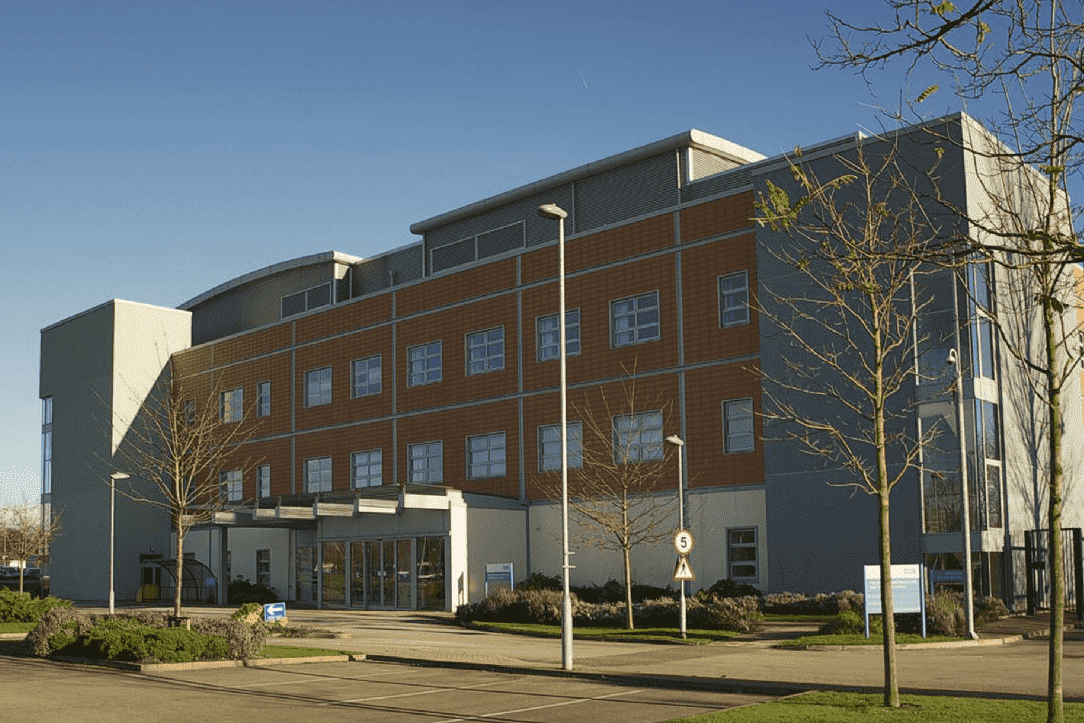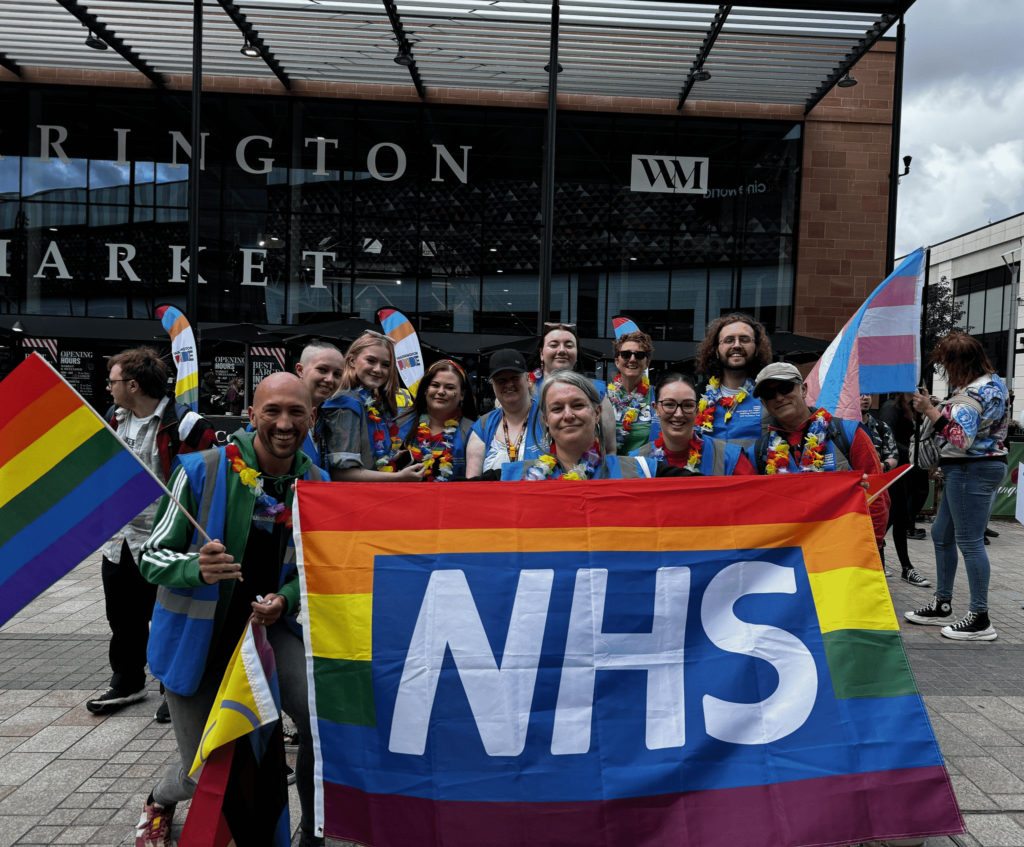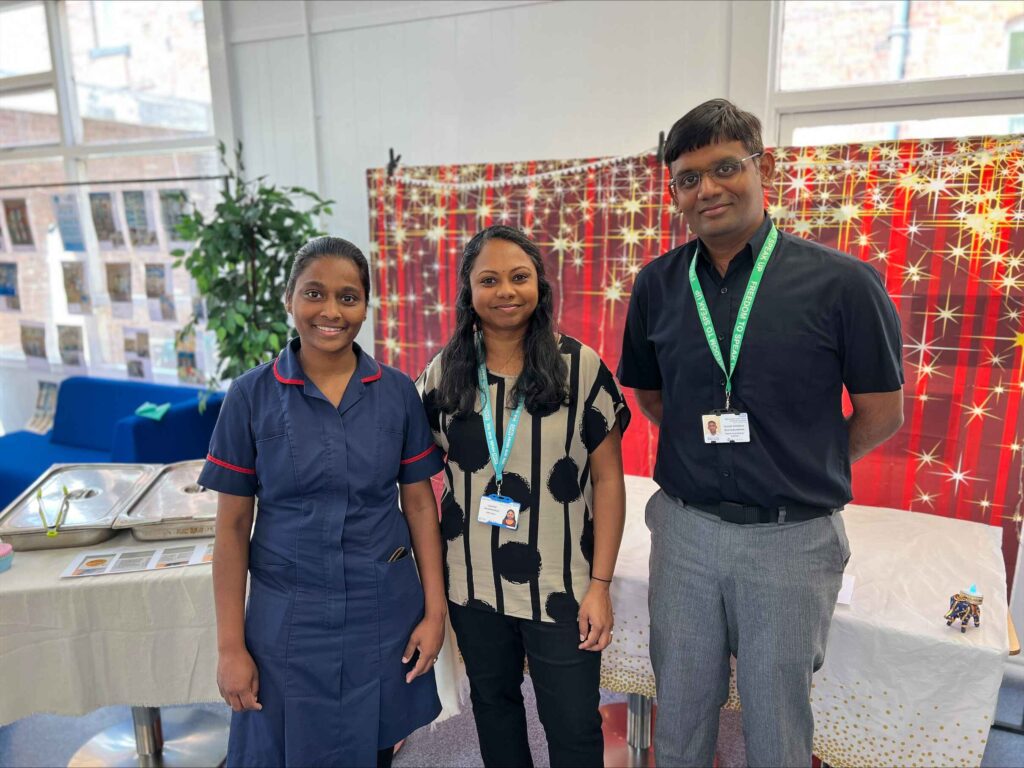Creating Inclusive and Compassionate Cultures and Leaders – Warrington & Halton Teaching Hospitals NHS Foundation Trust

Warrington & Halton Teaching Hospitals NHS Foundation Trust (WHH) is an acute organisation providing a range of planned and unplanned services across two main hospital sites, and a small variety of community sites. The Trust employs around 5,000 people and is situated in the Cheshire & Merseyside Integrated Care System in the North West.
The Trust‘s Commitment to Change
WHH were performing on par with the national average for Staff Survey result and other metrics, but the trust had a strong ambition to do better. Their Executive Team championed need for improvement.
In particular, they were conscious that the overall Staff Survey results could be overshadowing the experience of individual demographic within the trust. The Trust committed to equipping their leaders to manage in a compassionate and inclusive way with the ambition of creating an environment here all members of the organisation would want to stay and could thrive.

From Awareness to Action
WHH analysed their data on a demographic basis, with intersectionality in mind. They realised that different groups had different experiences and therefore specific and targeted responses were needed. This included but was not limited to:
- Targeting areas of the Trust with bespoke ‘We are Compassionate & Inclusive leadership sessions’, bringing together senior leaders’ equality, diversity and inclusion training with Compassionate Leadership and Psychological Safety.
- Supporting Executive Sponsors to champion the voices of staff networks and develop plans to address findings by protected characteristics.
- Targeted work for anti-racism with their Multi-Ethnic Staff Network, addressing the findings of the staff survey in bullying, discrimination, and harassment.
- Creation of ‘Your Future Your Way’, a positive action programme supporting the development of global majority Nurses, Midwives and AHPs, which also included development on inclusive practices, bias and creating inclusive environments and opportunities for senior managers.
- Listening events for various underrepresented groups, including under 30’s who reported a worse experience in the Staff Survey. This has led to a regular forum for under 30’s to receive feedback and test out ideas and suggest improvements.
- Relaunching their LGBTQ+ Wellbeing Guide for Staff, with over 52 national charities and support services with targeted reach to the LGBTQ+ community. Topics were developed based on staff survey performance by looking at individual characteristics.
- Developing a Reasonable Adjustment Hub including guidance for managers, information, and processes for Access to Work and launching a Workplace Passport / Carers Passport, codesigned and created by their Disability Awareness Network.
The Impact of Change
WHH saw significant improvement in their Staff Survey 2023 results, making them one of the most improved organisations in the North-West. They have also seen improvements in other workforce metrics such as sickness absence and staff retention.
They have seen particular improvements in career progression within their international educated colleagues, with a 2% increase in those being promoted into Band 7 roles.
They have seen Staff Survey improvements in levels of reported bullying & harassment from Black, Asian and Minority Ethnic staff and those in the 16 – 30 age bracket.

Key Learnings
1. Don’t see the Staff Survey as a singular item. You need to see it alongside other metrics and integrate it into everything you do.
2. Know your data, don’t just look at your benchmark report. People will have different experiences.
3. Test out your ideas with others, don’t make assumptions.
4. Balance longer term interventions with smaller ones. Creating our Culture Champions, the people who are empowered to make the tiny but noticeable changes across the Trust whilst working with the Executive Team to make WHH the best place to work and receive healthcare.
Keeping Momentum
The organisation is continuing its culture journey, with the next phase of it’s Culture Plan being an Exemplar Phase, how to take things to the next level. The organisation will continue focus on flexible and agile working and how these support across various intersectional groups.

Contact Information
For more information about this case study contact:
Adam Harrison-Moran
Head of Culture & Inclusion